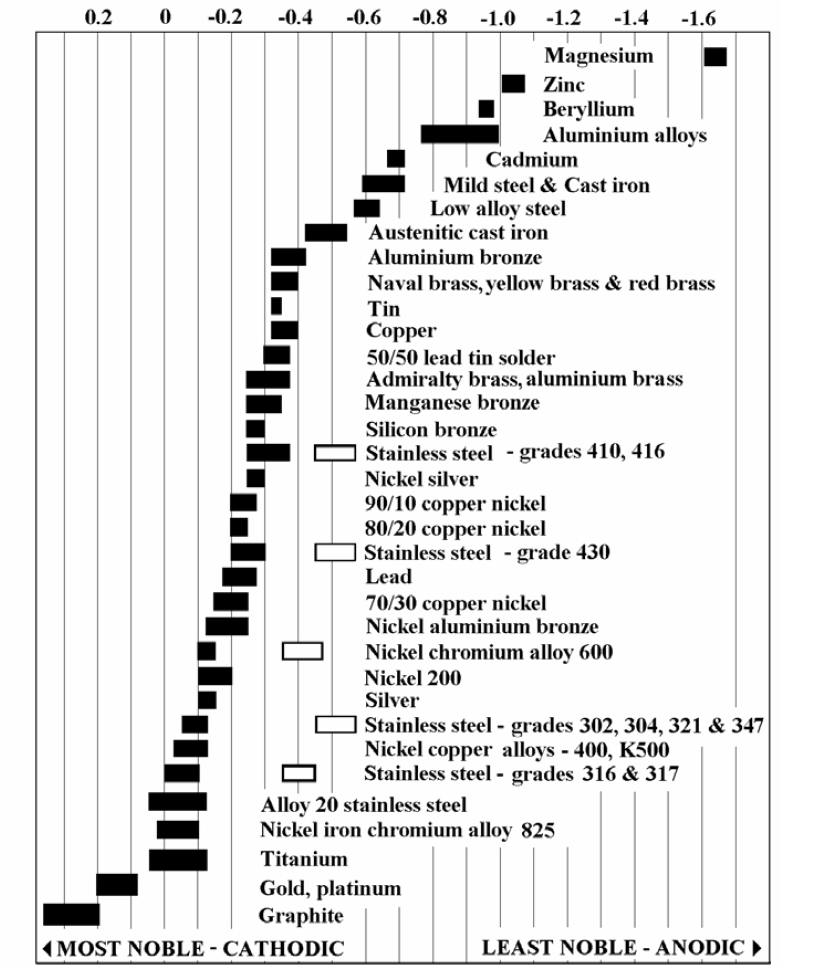tablerockboater
Petty Officer 1st Class
- Joined
- Apr 23, 2005
- Messages
- 232
Because we lost our last pontoon to galvanic corrosion, I put five new anodes on our new-to-us pontoon in December. Instead of mooring it in the (saltwater) canal, we launch it at a public ramp. I washed it down and flushed it thoroughly after each use.
But, the anodes have begun to sacrifice all the same.
What I'm wondering is if I can grind away the layer that has sacrificed, getting them down to smooth and shiny, and keep using the same anodes?
But, the anodes have begun to sacrifice all the same.
What I'm wondering is if I can grind away the layer that has sacrificed, getting them down to smooth and shiny, and keep using the same anodes?




















